As a little girl, fighting fires didn’t exist in Gina Sweat’s reality, nor in her imagination or her worldview. Her reality was scooping ice into bags for her parents’ grocery store and bait shop in Middleton, Tennessee. Her imagination saw her growing up to care for animals as a veterinarian. Back then, being a firefighter was not something that folks thought girls could be.
Memphis was the big city, about an hour and a half west of her parents’ country store, where people would buy the ice Sweat bagged or check in the deer they’d killed. A few times a year, her family would visit Memphis to buy school clothes or Christmas presents, usually at the Raleigh Springs Mall.
Sweat was freckly, red-haired, and dressed like a tomboy. She played basketball and was fiercely competitive. She knew at 12 years old that she was different.
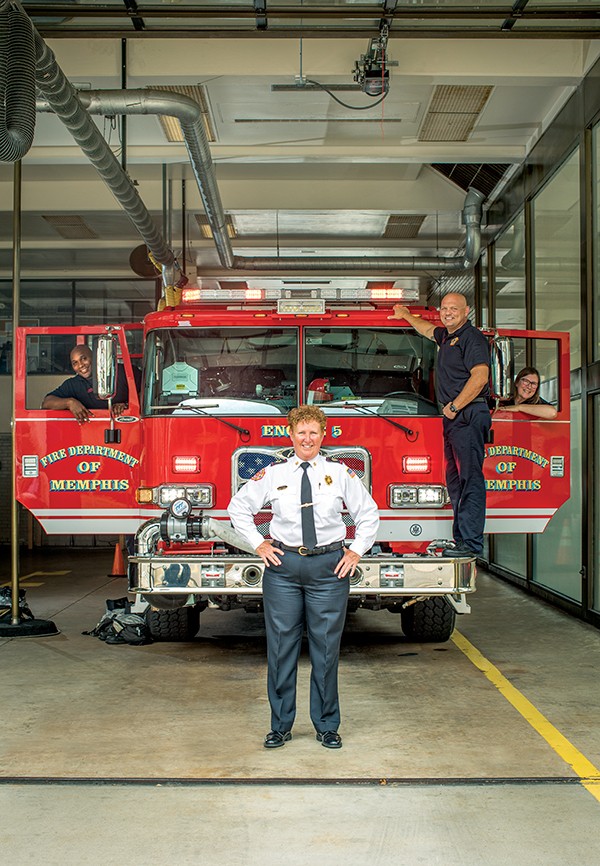 Photographs by Justin Fox Burks
Photographs by Justin Fox Burks
Memphis Fire Services Division Director Gina Sweat
After high school, Sweat left Middleton for nearby Freed-Hardeman University. She studied business but hated marketing and accounting. She played basketball, mostly guard and small forward, but jokes, “I was really good at sitting on the bench,” offering a small dose of her hallmark sense of humor.
With a business degree in hand, Sweat started work as a leasing agent for a property management company. She rose to assistant manager, and then to manager. But she wasn’t “ecstatic” about property management and wanted something more fulfilling.
Some of her dad’s hunting buddies were Memphis firefighters. They knew she was an athlete and that the city’s fire division wanted to hire women. “I didn’t even know that women could be firefighters,” she says.
A bit out of shape after college, Sweat challenged herself to pass the department’s agility test — putting her mind to it, doing the work, and getting back in shape. She was the only female on the field for test-day. She shouldered an air-pack and ran up five flights of stairs. Some male recruits asked to see her score (maybe in hopes of making themselves feel better). They left disappointed and muttering. A “girl” had bested them. Sweat had passed the test, and when she was offered the job in 1992, only four females had been hired before her.
It’s a scenario Sweat has grown used to: Knowing eyes were upon her as a female rising through the ranks, doing things that had only been done by males, knowing many were just waiting for her to fail.
“Twenty-seven years later, I still feel sometimes like I’m on that same stage,” Sweat says. “It’s happened at every promotion. People watch to see what you’re going to do, if you’re going to fail, and how you’re going to do things.”
When then Mayor-elect Jim Strickland announced he’d picked Sweat as the Director of Memphis Fire Services Division — the division’s highest post — he called it a “landmark leadership choice.” But he waved the flag of Sweat’s merit and dedication to service way higher than he did the fact that she was female — and he did not mention that she was gay.
Sweat says she never set out to make history or be a role model for women or for the gay community. “I was just one of those people who came to work,” she says. Her parents taught her about hard work, and that — more than anything else — is how she rose to her rank. “Do the work” is the ethos from Sweat, Memphis’ funny, fun-loving, first female fire director.
— Toby Sells
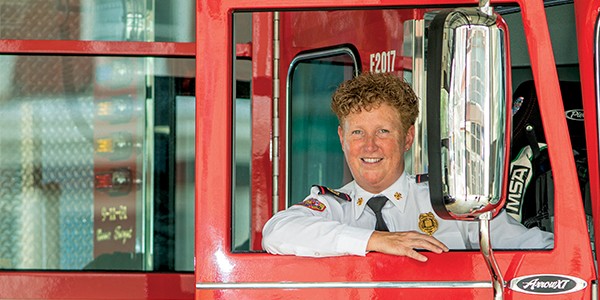
Memphis Flyer: How did you feel about the work early on?
Gina Sweat: First of all, the work is hard. I hate to use the term “fun,” but the adrenaline rush and all that is … well, some personalities kind of really embrace that kind of work. The adrenaline was cool, but it was very hard — and hard being different.
A lot of people would take time to watch me, which was funny. I’d be working, and people would just be watching me like I was some kind of sideshow or something. But I think I earned their respect by letting them know that I was here to carry my weight and that I wasn’t looking for anything. They figured out I was there for a job, just like they were; it kind of got a little easier.
Did you feel like you were breaking any ground back then?
You know, I really didn’t. It didn’t really take me long to fit in. I got close with the guys at the station. That’s just how the fire service is.
Yes, it starts out as a job, but then a firefighter is something you become. You’re spending nine or 10 24-hour shifts a month — that’s a third of your life. You’re living with these people every day. You’re cooking, you’re eating, you’re cleaning, you’re working together. Then, all of a sudden, the horn goes off, and you’re risking your lives together. You become a very close-knit group. It didn’t really take me long to embrace that kind of camaraderie and try to figure out how I fit and how I contribute. I worked constantly to make sure I was capable of doing my job.
There were men stronger than me. But maybe I can run farther than them. Maybe I was better at something that they weren’t. I think being brought up playing team sports helped. I was always just figuring out a way to contribute. The guys I worked with saw that. You know, people from outside who didn’t know me would start talking just because I was a female. But [my co-workers] were pretty quick to shut that stuff down. It was like, “I can talk about my sister, but you can’t.”
How did you begin to progress through the ranks?
I had a really good lieutenant. I hadn’t been on very long, and he said, “I signed you up for the driver’s promotion test. There’s the books you need. Go study.” I just said, “Okay, yes sir.” People think maybe I have some military background, and I don’t, but, apparently, my personality probably would have been good for that, too.
He told me to study, and I did. We’d practice driving, and I made driver. That was a little over three years … which was about as fast as you could get promoted.
Then, for the lieutenant’s promotion, it was, basically, an assessment center that you go through. It was a competitive process, which lends well to my personality because I was always a bit competitive in nature, especially when I was younger. I studied, applied myself, and ended up number two on the lieutenant’s lists. Same thing with battalion chief. It was an assessment-center process, a competitive process.
[Battalion] Chief Lloyd Hope made lieutenant before me. Chief [Hope] and I were number one and number two on the battalion chief’s list, and that really … ruffled some feathers.
What did they say about it back then?
There wasn’t much they could say. It was a competitive process, and the rules were clearly laid out. I played the game. So don’t be mad at me if I played it better.
Later, I went through the process for division chief. I ended up being number one through that process. That’s when I got assigned to headquarters. At the time, the director had kind of a rotation of the deputies that worked up here, but I chose to stay. That’s probably been key for me ultimately becoming the director.
I chose to stay and learn about what it takes to actually run the department and build relationships at City Hall and understand how the budget works. Working under director [Alvin] Benson and director [Michael] Putt after that and having that mentoring. My deputy director [Michael L. Jubirt], he’s always been a good mentor to me. So it’s only natural that, when I got this job, he was gonna be my right hand.
How did Strickland approach you for the director’s job?
When I had my interview with him, I came out, called my mom, and said, “I either just screwed up my career or I did good.”
I had met him before, and I think we really hit it off. But we had a very serious conversation. He asked me some tough questions, and I think I gave him some tough answers. He calls me one day … and says, “I want you to be my fire director.”
It was surreal. But he said, “The only thing is, you can’t tell anybody. There’s a process, and we want to make the announcement.”
I was going to a [firefighter] graduation that night, and I was actually giving the speech. I’m there, I can’t tell anybody that I’ve had this phone call, and I look out at all these young faces. All of a sudden, I had this overwhelming [feeling] like, oh, my God, this is my responsibility now. I tried not to get emotional about it. Because people would have been like, “She’s a wreck. What’s wrong with her?” That moment was just kind of surreal.
Going back to your career as a firefighter, do you remember any big calls or scary calls on which you had to go?
750 Adams. It was a high-rise fire that happened in 1994. I had about two years on the job. Two firefighters got killed at the fire. Up to that point, it was kind of fun and games. We were fighting fires, and you have all this adrenaline rush. That night, I realized [how serious the job was] because I actually saw people I knew get killed. It was tragic. Even though I’d been on the job for two years at that point, I was still a green rookie. You realize, okay, this is really serious. This job can kill you.
About a month before that, one of the guys on the company with me … we were at a fire at the Ponderosa paper plant down off Thomas. It has those big bales of paper, and they fell on him and trapped him. He was trapped for 46 minutes. That was 25 years ago, and I still remember. They were baled together with baling wire, and the sprinklers were going off. So we had no visibility, and we were digging him out for 46 minutes. It ended up ruining his career. Those two things happened within a month of each other. I almost quit.
Within a few months, we made another fire [call] back at 750 Adams. I remember being in the stairwell and going, “Hell no.” I thought, I either have to quit or I’ve got to suck it up. And I sucked it up and went.
I think those three things together were defining moments. I lost one of my closest buddies to a career-ending injury. And we lost two firefighters, and I had to witness that. Then, being back in that same place and facing that fear and deciding that this is what I want to do.
The other is the [Family Dollar] store fire we had down on Watkins, where two firefighters got killed. I was the battalion chief at that fire. It ended up being in the back of the store where they actually pulled [Charles] Zachary out. The first two of my guys actually pulled him out.
That’s where Lieutenant [Trent] Kirk was trapped. I went to fire school with Lieutenant Kirk. So I knew him very well. There was another guy on the scene who had gone to fire school with us who told me who it was.
We don’t leave people behind. It was bad. We got a rescue company back there. We weren’t able to get Lieutenant Kirk out. They had almost found him, but I had to pull them out. I had to make them come out.
It was probably one of the toughest calls I ever had to make. I knew from all my training, all my experiences — everything — [that they needed to come out], and they knew, too, that they needed to come out. Within a very short period after I pulled them out, the whole back of that store flashed over. So it could have easily been four more fighters who died that night.
In your role as director, what have you changed? In what direction are you moving the fire service?
My leadership style is a bit different. Historically, there’s always been that labor/management thing. All of a sudden, I turn around and I’m “they.” How do you bridge that gap with the person in the field for them to truly know that everything I’m doing is in their best interest? For the folks who’ve known me for a long time, that’s a really easy sell. For those who haven’t, they’re starting to get it.
“Because we’ve always done it that way” is not the answer anymore. Why do we do it that way? We started questioning ourselves, looking for better ways to do things. We want to be the best, most innovative fire department in the country. The Memphis Fire Department was a Class 1 fire department back in the 1970s, as far as our insurance rating. We’ve been a two since then, and we have a goal to get back to a one, and I think everyone has bought into that goal. We’ve gone through a process [for a new rating], and I hope, when we get those results, it will be a very positive thing for the department and the city.
In line with the mayor’s initiatives to become data-driven, I was probably one of the first fire directors to set up my own data team. We looked at process improvement and data to make decisions. In the past, decisions were made for either personal reasons or maybe they were made intuitively — with some data that may or may not have been accurate.
What’s a decision that data would influence?
Do we need to build a new fire station? We look at run volume and distances to where developments are and determine whether or not that’s something that’s needed.
Can you talk about being a leader in the LGBTQ+ community?
It’s not a big secret. I realized I was different at a very young age, in many ways. First, I had red hair and freckles. I was a bit of a tomboy. It seemed like I’ve always been in situations where I was kind of different. When you’re a kid and you have curly hair and freckles, you want straight hair and no freckles. When you’re a kid, you want what you can’t have, especially if you’re a girl, and kids can be kind of cruel.
[Sweat wrote after our interview to say she felt cursed for being different when she was younger, but “now I realize that being different really was my gift. It’s our differences that make us special, not our similarities.”]
I guess I was probably about 12 when I realized that, okay, there’s something different here. But it wasn’t really something you talked about, so my early adult years were just trying to sort all of that out.
When I got out of college, I came out to my mom, and she told my dad. I don’t know if me and my dad have ever just talked about it, but when I realized that they still loved me, it was okay. Everybody doesn’t have that luxury. Sometimes it’s not that mom and dad don’t love them anymore, it’s just that they can’t deal with it, and they don’t have the support that I had.
I didn’t set out to be a spokesperson for women or the gay community. I’m not one of those who goes out to rallies. But if you go to Midtown, you’ll see me hanging out, supporting [the gay community]. If someone knowing my story … if it helps them, then maybe this is the best time for that.
I get invited to speak to a lot of women’s groups. It is different being a woman in a male-dominated world. I don’t think, as a gay woman, it was as difficult for me in the fire service as it would have been for a gay man, just because of the living situation.
There were some concerns when I first started thinking of becoming the fire director, wondering, politically, could that somehow be a problem? Or would my people have a problem with that? But I’ll say the mayor has been nothing but supportive.
He gave me the opportunity because I did the work. I put the resumé together. I learned the director’s job. So when the time came, I was ready.
The whole label thing really frustrates me. My body of work speaks for itself. If you took my picture off my resumé, the body of work I’ve done here stands on its own.
The message I would want anybody to know — no matter your sex, race, political affiliation — do the work and be ready.
I do feel a certain pressure as a woman not to fail. I don’t want the next woman director — and there will be one one day — not to get the opportunity just because “well, we tried a woman once, and she really messed it up.” But I have a huge support group here in the department and the city. I have a great partner who supports me at home. My mom and dad love me. I have a lot of great friends.
I’m going to try and do this job the best I can and leave it in really good hands. Editor’s note: This cover story was edited for length and not for content.
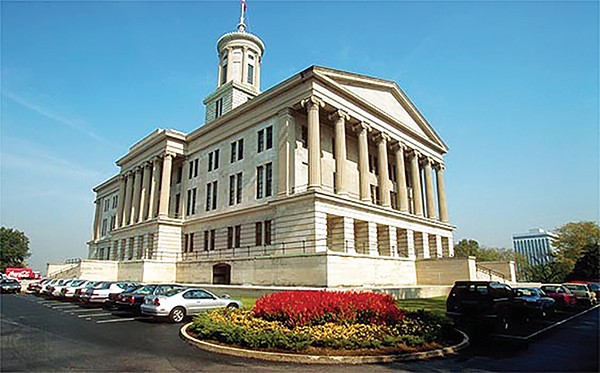
 Tennessee General Assembly
Tennessee General Assembly 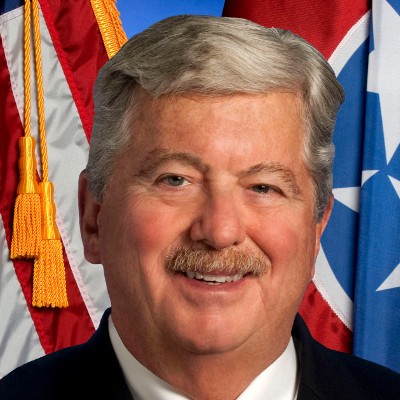 Tennessee General Assembly
Tennessee General Assembly  Tennessee General Assembly
Tennessee General Assembly  Tennessee General Assembly
Tennessee General Assembly  Tennessee General Assembly
Tennessee General Assembly  Tennessee General Assembly
Tennessee General Assembly 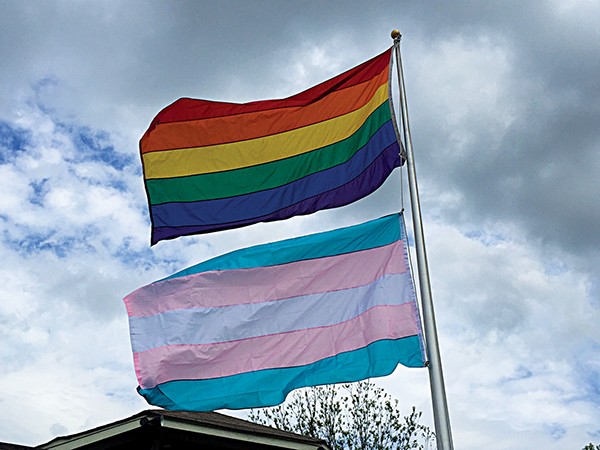 Bianca Phillips
Bianca Phillips 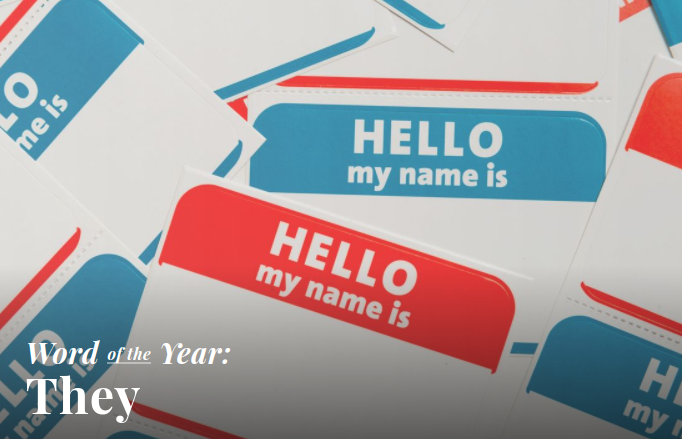
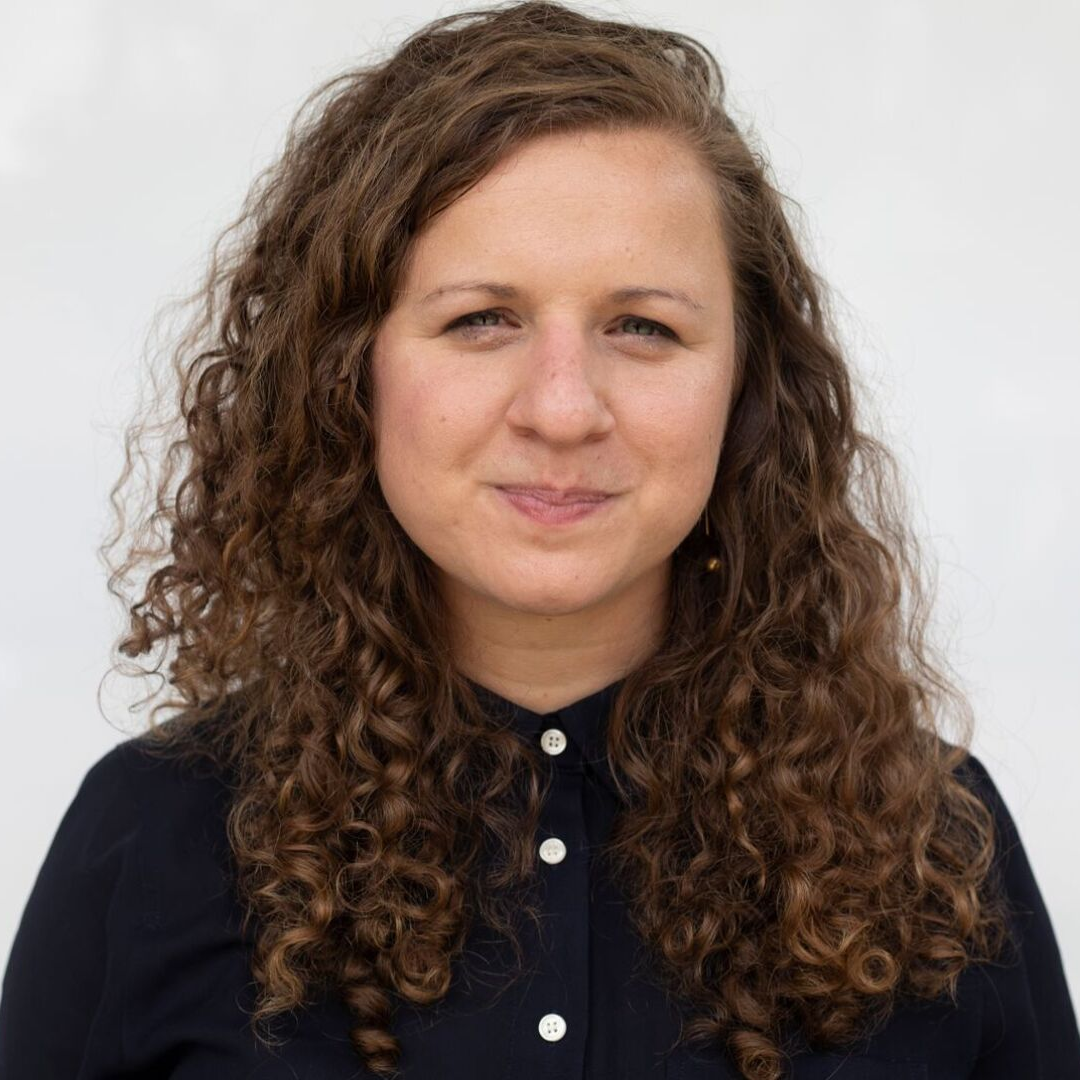

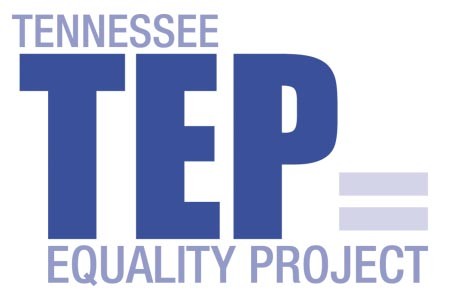
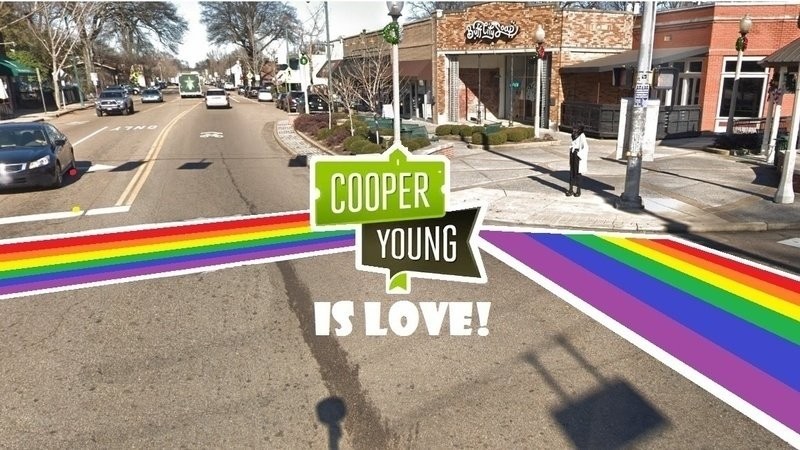 Jerred Price/change.org
Jerred Price/change.org 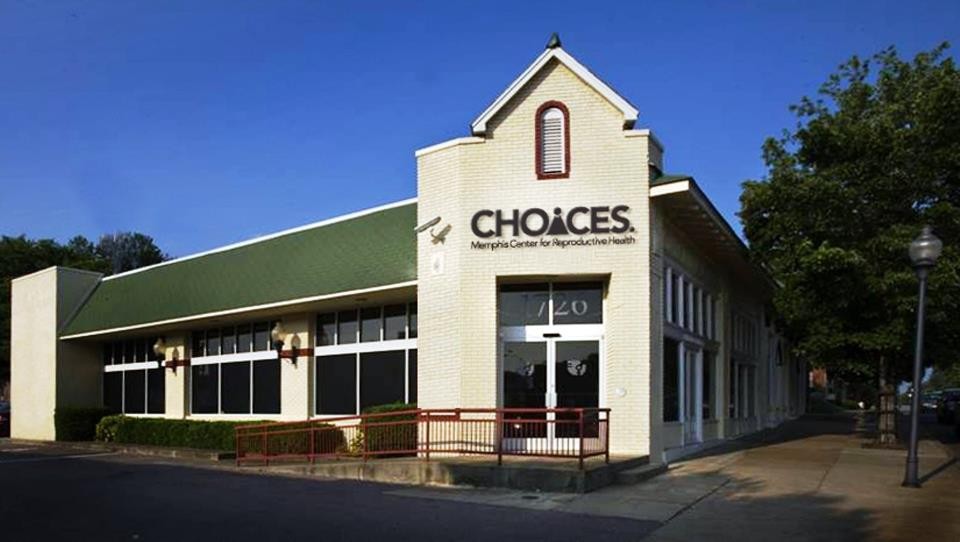 Facebook/CHOICES
Facebook/CHOICES  Photographs by Justin Fox Burks
Photographs by Justin Fox Burks 
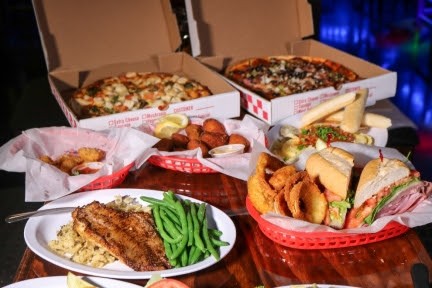 Atomic Rose
Atomic Rose 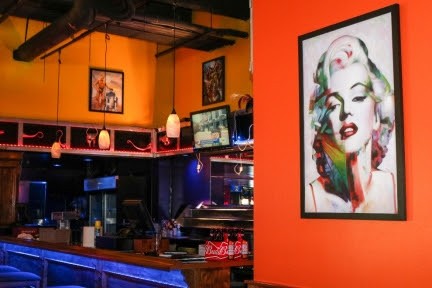 Atomic Rose
Atomic Rose  Jerred Price/change.org
Jerred Price/change.org 
 Bianca Phillips
Bianca Phillips